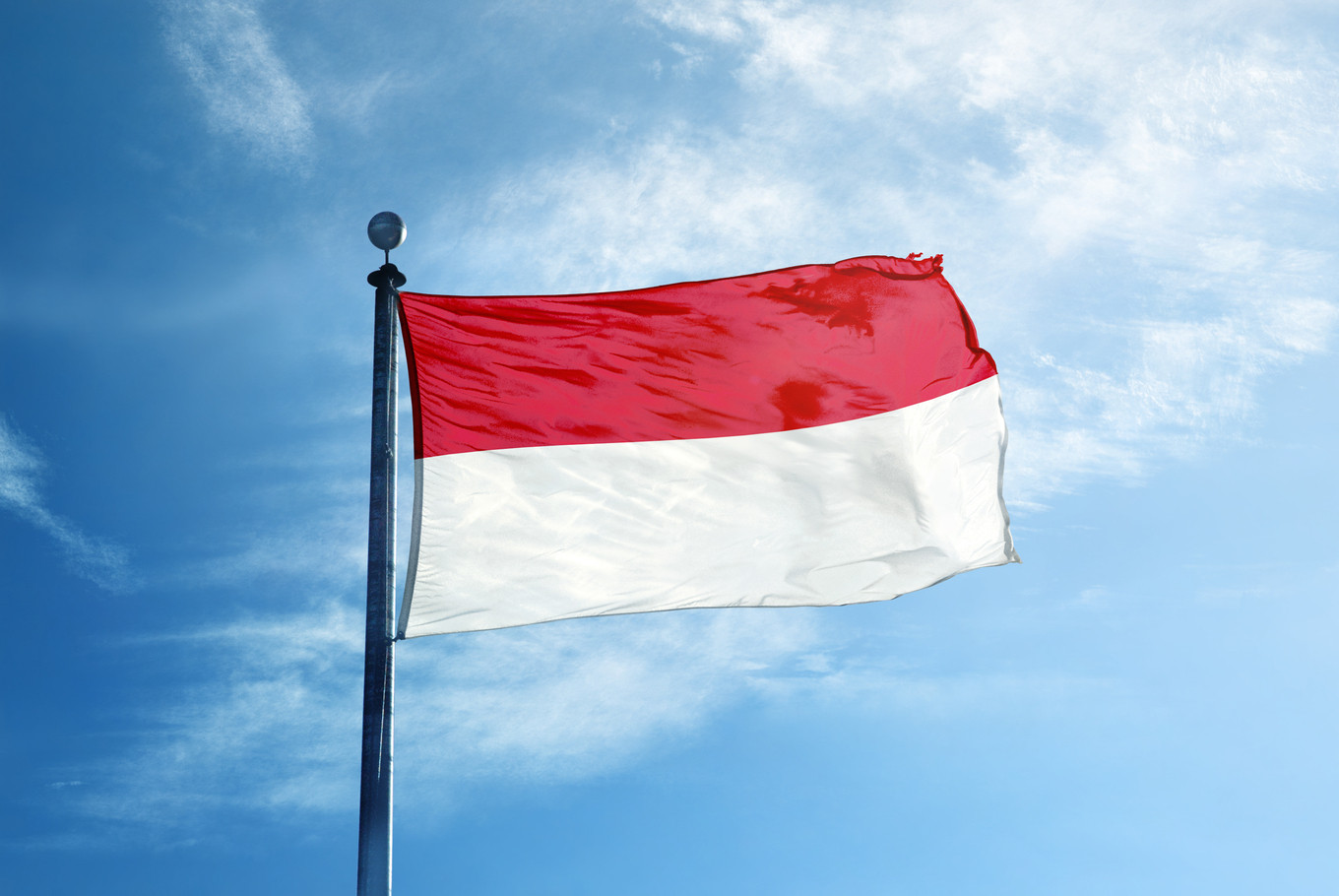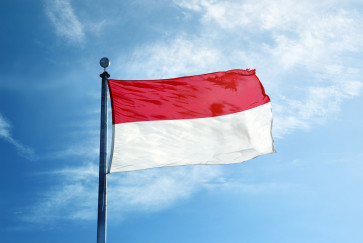Popular Reads
Top Results
Can't find what you're looking for?
View all search resultsPopular Reads
Top Results
Can't find what you're looking for?
View all search resultsIndonesia should lead in global Jewish-Muslim ties
Change text size
Gift Premium Articles
to Anyone
W
hen Indonesia successfully campaigned for a seat on the 2019-2020 United Nations Security Council last year, it marketed itself as “a true partner for world peace” and “a bridge-builder”. In fact, the word “peace” appeared 13 times in its campaign brochure. However, after a month in this seat, Indonesia has not yet taken the lead in building the most difficult, and therefore most necessary, bridge of all: Jewish-Muslim relations.
For example, why hasn’t the world’s largest Muslim-majority country not yet officially recognized the world’s oldest Abrahamic and fifth-largest religion, Judaism? Jakarta often hails its constitution as protecting religious freedom for all, but unfortunately, Judaism is not yet officially recognized.
Internationally, Jews are an ethnoreligious group who have enriched human civilization for millennia, from agriculture to psychiatry to tech entrepreneurship to the fine arts. Jews have lived in Indonesia since the colonial Dutch East Indies era. Today, it is estimated that 200 Jews, mostly descendants of Middle Eastern and Dutch Jews, actively practice Judaism in Indonesia today.
Unfortunately, despite trying to live their lives quietly, Indonesian Jews have often experienced unprovoked anti-Semitic attacks. For example, last January in Tondano, near Manado, a Jewish house of worship was vandalized. Over the years, residents there have openly cursed and thrown stones at the Indonesian Jewish neighbors living there, as well.


















